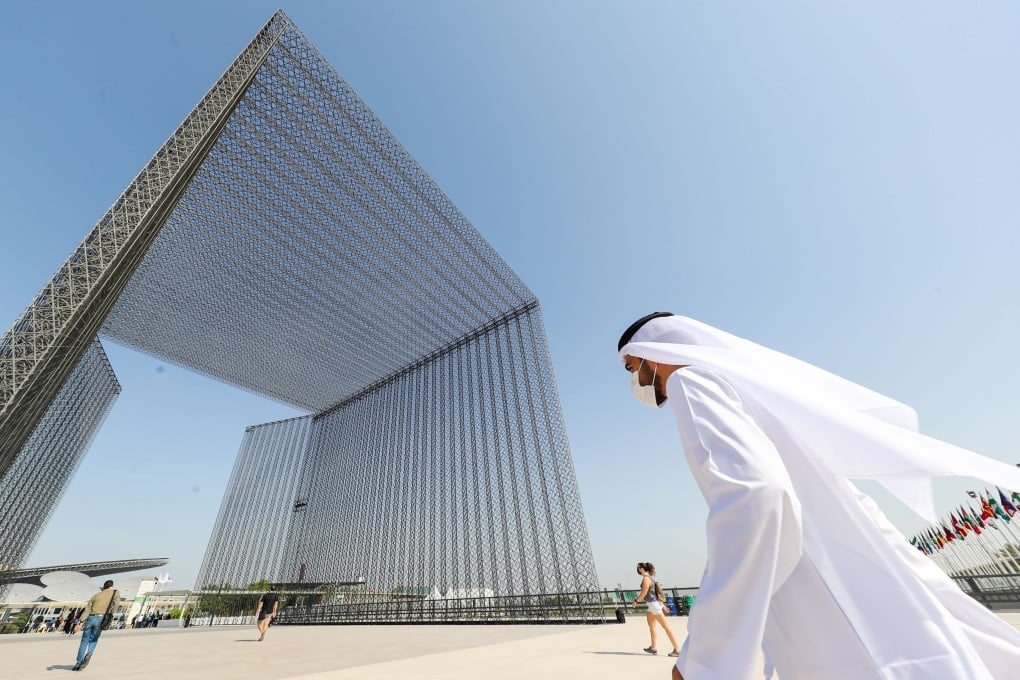Advertisement
Opinion | Dubai has succeeded in its Covid-19 strategy where Hong Kong and Shanghai have failed
- By becoming an early adopter of vaccines, keeping borders open, and facilitating technological innovation, the UAE has seen swift economic recovery
- Hong Kong and Shanghai’s Covid-19 policies did not have the same results with Omicron as they did early in the pandemic, and have an adverse economic impact
Reading Time:3 minutes
Why you can trust SCMP
16

Dubai is having a good year. Not only has it just concluded its Covid-delayed Expo 2020, which attracted over 24 million visitors worldwide, but it was also named Tripadvisor’s Most Popular Destination of 2022. All that without any strict travel restrictions.
Dubai shares many characteristics with Hong Kong and Shanghai. All three aspire to be a bridge between East and West, and strive for efficiency and openness, while politically not opting for a Western liberal democracy. Their recent performances on the global stage, however, could not be more different.
The UAE has proved one of the most resilient places globally in the face of Covid-19. It was ranked third in Bloomberg’s Covid Resilience ranking published last month, which ranks 53 countries on 12 indicators like quality of healthcare, virus mortality and ease of travel. It has become a role model for many countries aiming to fully reopen their economies by managing, so far, to stay open to visitors while keeping infections low.
Advertisement
By contrast, China is still opting for an isolationist “dynamic zero Covid” strategy, while Hong Kong’s latest reopening plan mandates a seven-day hotel quarantine for visitors, which is unlikely to help revive its tourism sector.
Two years into the pandemic, Hong Kong’s claim to being “Asia’s World City” and Shanghai’s status as the mainland’s most international city are being called into question. The former saw public trust in the government’s Covid-19 management plummet after its death rate became the highest in the world during the fifth wave of Covid-19, while the latter has been under severe lockdown for almost two months, with many residents voicing dissatisfaction with the authorities.
Advertisement
Admittedly, both cities had early success using the zero-Covid policy but this has proven less effective against the extremely transmissible Omicron variant. Amid a public backlash, Shanghai is set to change course with a reopening strategy but its borders will remain closed and the damage to its local economy is likely to be long-lasting.
Advertisement
Select Voice
Select Speed
1.00x
